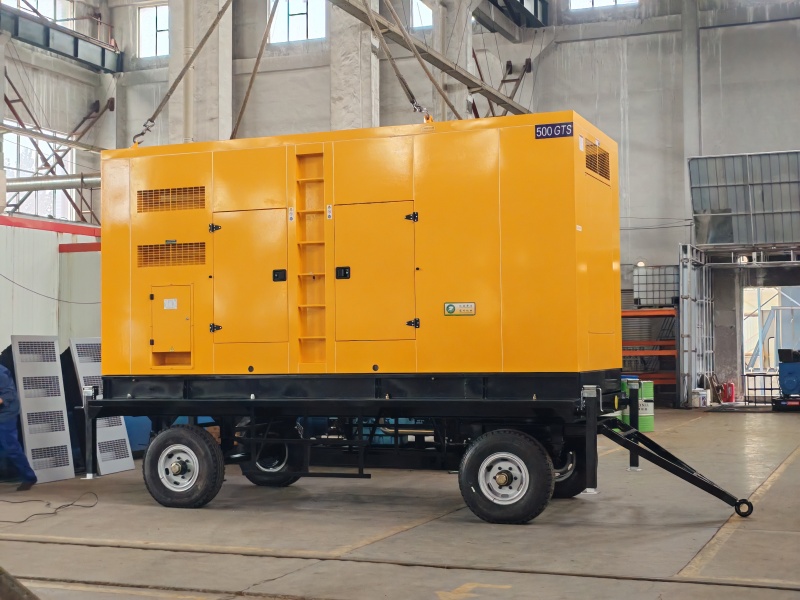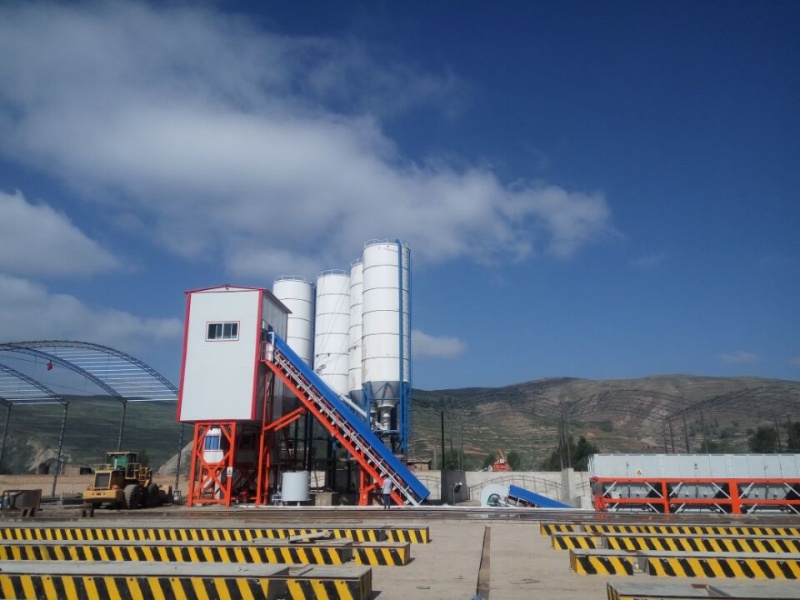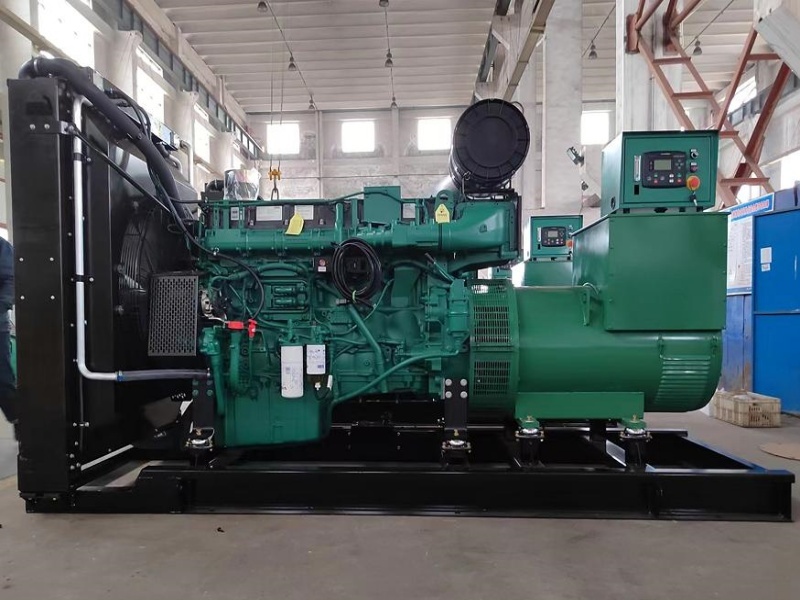Best stationary asphalt mixing plant
Best Stationary Asphalt Mixing Plant: A Comprehensive GuideChoosing the right stationary asphalt mixing plant is a crucial decision for any paving project. This guide provides a detailed overview to help you make an informed choice, covering key factors like capacity, features, and maintenance. We'll explore different types of plants and highlight essential considerations for optimal performance and return on investment.
Understanding Stationary Asphalt Mixing Plants
What is a Stationary Asphalt Mixing Plant?
A stationary asphalt mixing plant is a large-scale facility designed for continuous and high-volume asphalt production. Unlike portable plants, these are fixed in one location and are typically used for large-scale infrastructure projects, road construction, and significant paving needs. They offer superior mixing capabilities and are able to handle a greater throughput compared to mobile alternatives. This makes them ideal for projects with sustained high-demand requirements for asphalt.Types of Stationary Asphalt Mixing Plants
Several types of stationary asphalt mixing plants exist, each with varying capacities and features: Batch Plants: These plants mix ingredients in batches, offering good control over the mix design. They are often preferred for smaller to medium-sized projects or when high precision is required. Continuous Plants: These plants mix ingredients continuously, leading to higher production rates. They're suited for large-scale projects needing consistent, high-volume asphalt production. These are known for their efficiency in larger infrastructure undertakings. Drum Mix Plants: In this type of plant, the aggregates are heated and then mixed with bitumen in a rotating drum. The entire mixing process takes place within this drum.Key Features to Consider
Selecting the right stationary asphalt mixing plant requires evaluating several key features: Capacity: This refers to the amount of asphalt the plant can produce per hour. Consider the scale of your projects and future needs when choosing a capacity. Automation Level: Automated systems can improve efficiency and reduce manual labor. Look for features like automatic controls for feeding, mixing, and discharging. Environmental Features: Consider plants with efficient dust collection and emission control systems to minimize environmental impact. Maintenance Requirements: Evaluate the ease of maintenance and the availability of spare parts. A plant with easily accessible components will reduce downtime and maintenance costs.Factors Affecting Your Choice
Project Scale and Budget
The size of your project directly impacts the capacity of the stationary asphalt mixing plant you need. Larger projects demand higher capacity plants, while smaller projects can often utilize smaller, more cost-effective units. Your budget will also heavily influence your decision; high-capacity, automated plants will naturally have higher upfront costs.Location and Infrastructure
The location of your project plays a critical role in plant selection. Access to utilities, transportation infrastructure, and space for the plant itself need careful consideration.Regulatory Compliance
Ensure that the chosen plant meets all relevant environmental and safety regulations in your region. Check for certifications and compliance standards before making a purchase.Choosing the Right Supplier
Selecting a reputable supplier is crucial for a successful project. Look for suppliers with a strong track record, excellent customer service, and a commitment to providing quality equipment and after-sales support. Consider a supplier who offers comprehensive support and training. Taian Yueshou Mixing Equipment Co.,Ltd. (https://www.taysmix.com/) is a leading manufacturer with a wide range of high-quality stationary asphalt mixing plants. They offer plants designed for various needs and budgets.Maintenance and Optimization
Regular maintenance is vital for maximizing the lifespan and efficiency of your stationary asphalt mixing plant. Develop a preventative maintenance schedule, and promptly address any issues to avoid costly downtime.Comparison of Leading Stationary Asphalt Mixing Plants (Example)
| Feature | Plant A | Plant B |
|---|---|---|
| Capacity (ton/hour) | 120 | 160 |
| Automation Level | Semi-automated | Fully automated |
| Emission Controls | Standard | Advanced |
Related products
Related products
Best selling products
Best selling products-
 Slide Rail Bucket- lifting Type concrete batching plant
Slide Rail Bucket- lifting Type concrete batching plant -
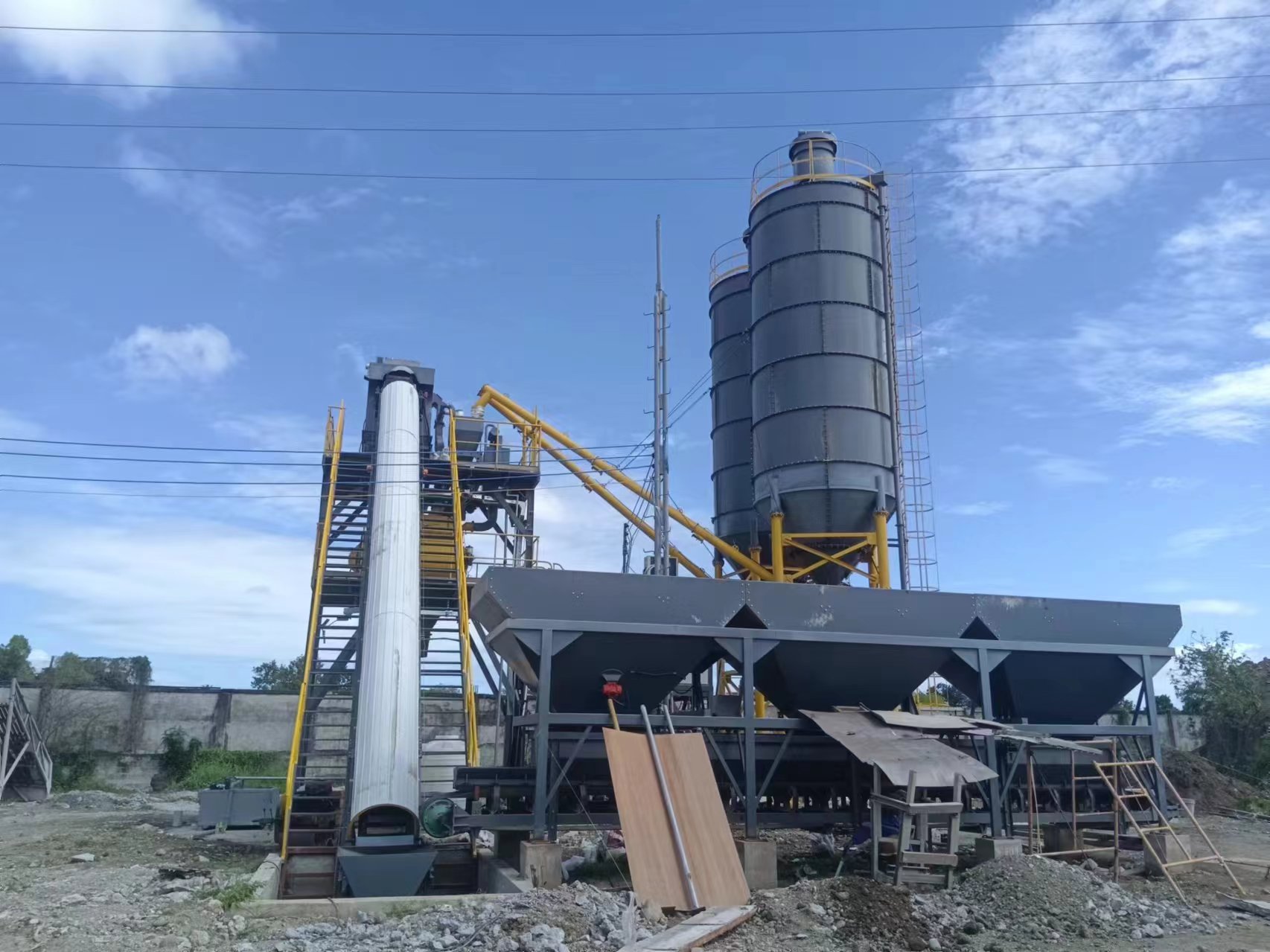 HZS60 concrete mixing plant
HZS60 concrete mixing plant -
 Moveable Type
Moveable Type -
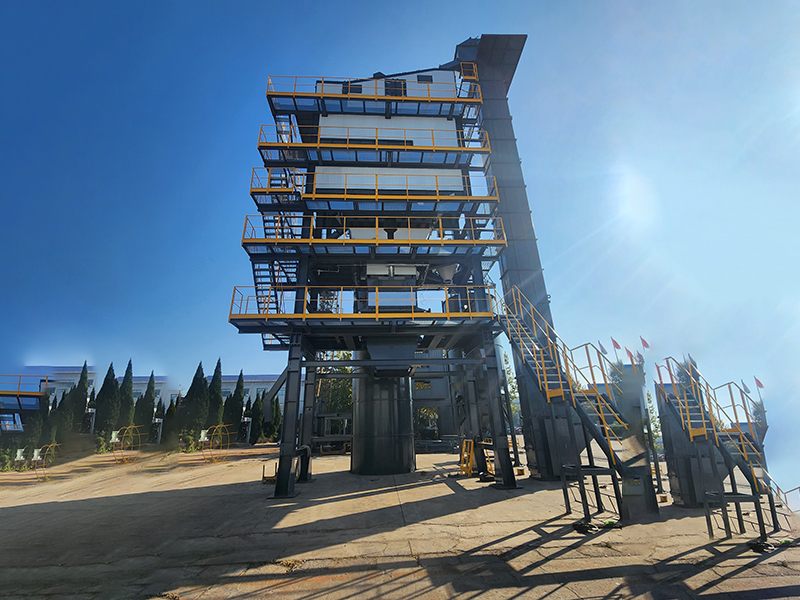 LB4000 asphalt mixing plant
LB4000 asphalt mixing plant -
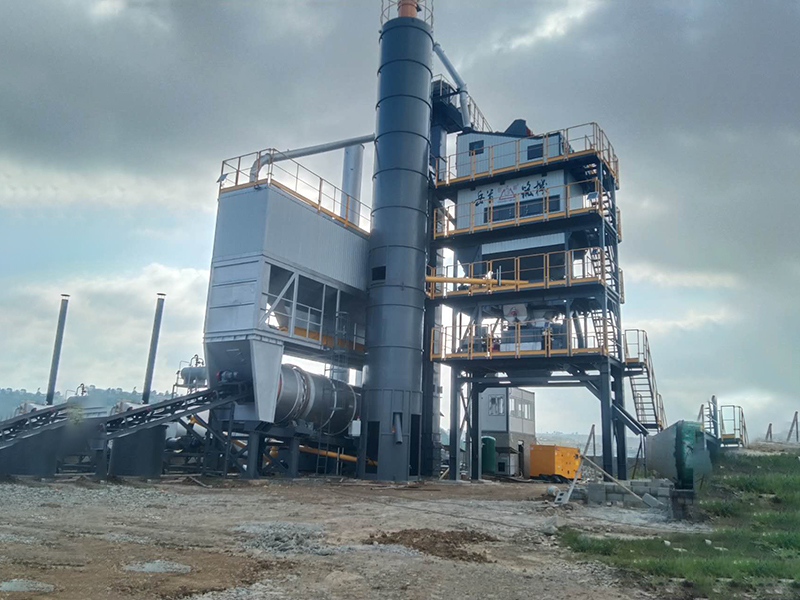 LB2000 Asphalt Mixing Plant
LB2000 Asphalt Mixing Plant -
 Mobile Asphalt Mixing Plant
Mobile Asphalt Mixing Plant -
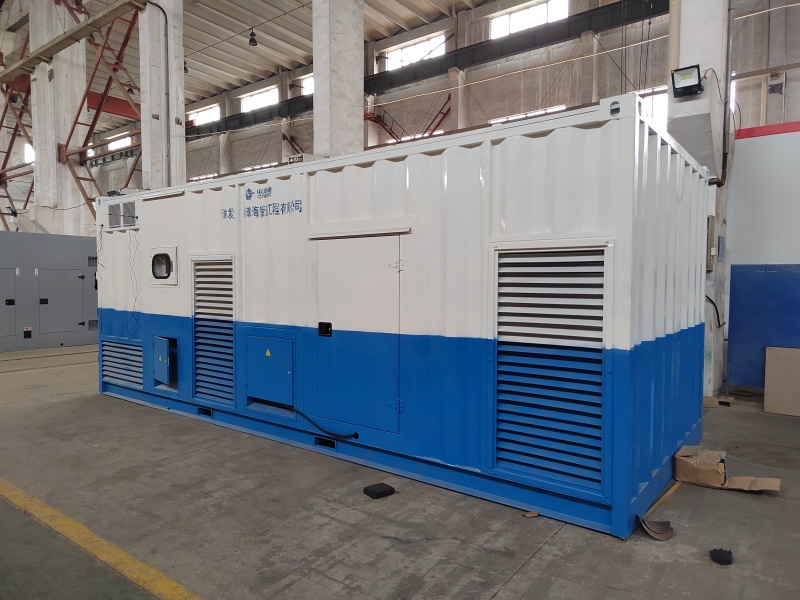 GENERATOR EXTENSION SERIES
GENERATOR EXTENSION SERIES -
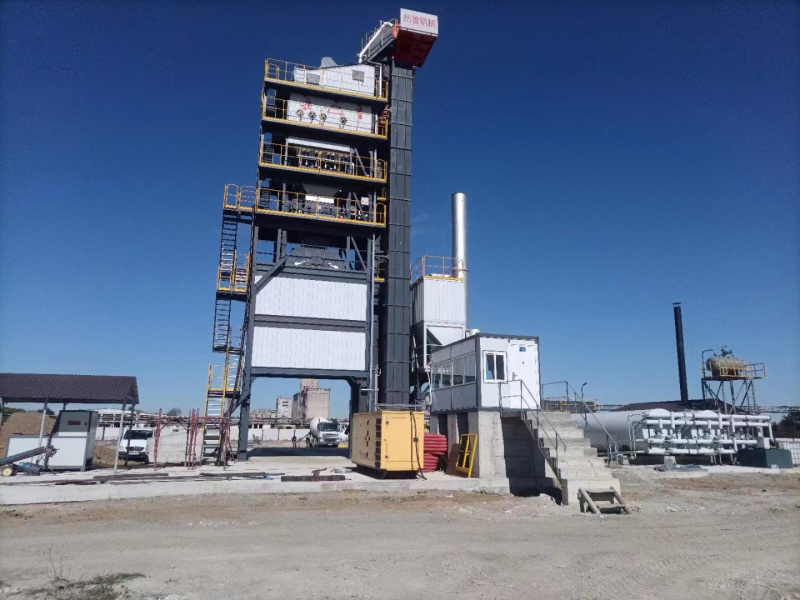 LB2500 Asphalt Mixing Plant
LB2500 Asphalt Mixing Plant -
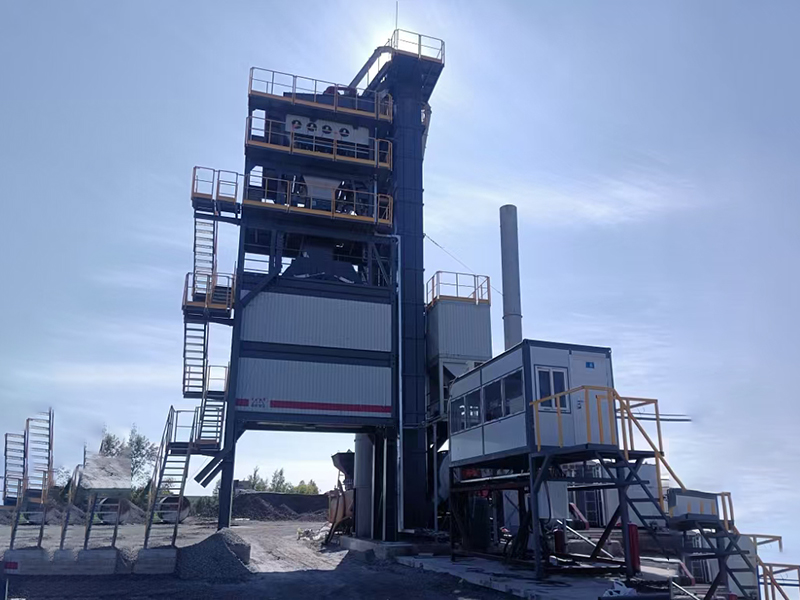 LB800 asphalt mixing plant
LB800 asphalt mixing plant -
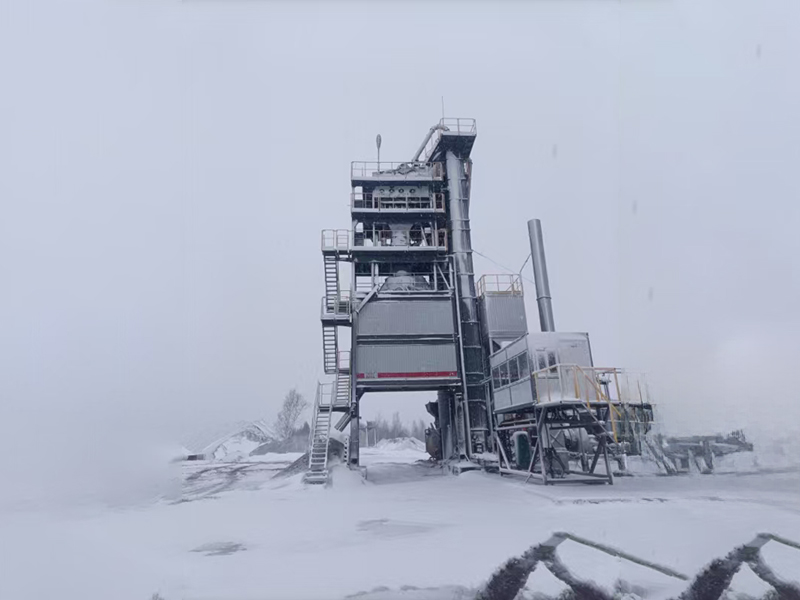 LB1000 asphalt mixing plant
LB1000 asphalt mixing plant -
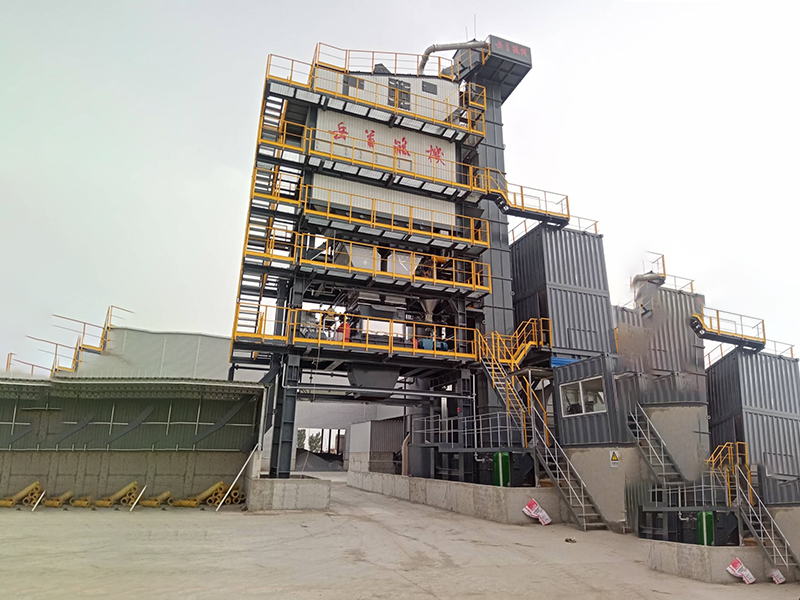 LB3000 Asphalt Mixing Plant
LB3000 Asphalt Mixing Plant -
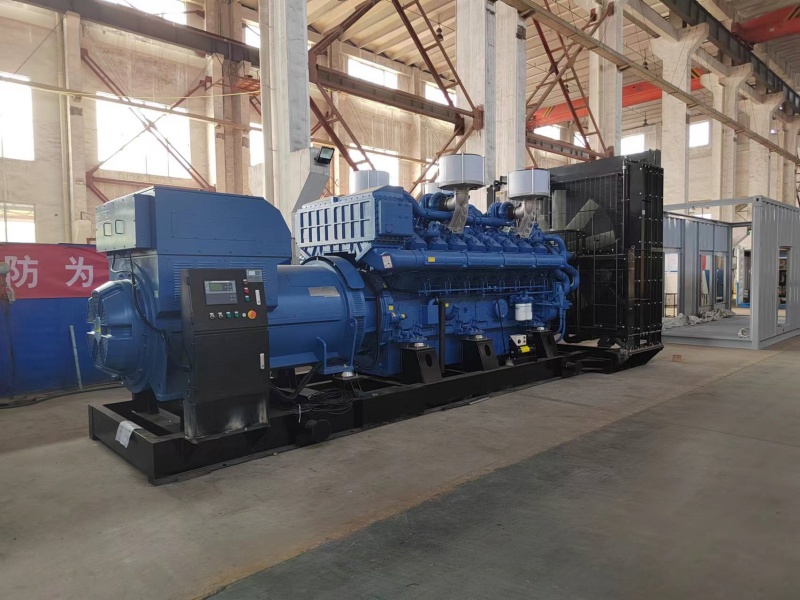 YUCHAI SERIES DIESEL GENERATOR SET
YUCHAI SERIES DIESEL GENERATOR SET
Related search
Related search- Famous dry mix concrete plant
- Discount all roads asphalt plant
- High-Quality asphalt plant near me Suppliers
- OEM concrete mixing plant
- Discount ready mix concrete plant manufacturers
- High-Quality dry batch concrete plant Manufacturer
- High-Quality ajax asphalt plant Factories
- High-Quality ready mix concrete plant cost Factories
- High-Quality concrete batching plant machine Suppliers
- High-Quality used ready mix concrete plant for sale Manufacturers

